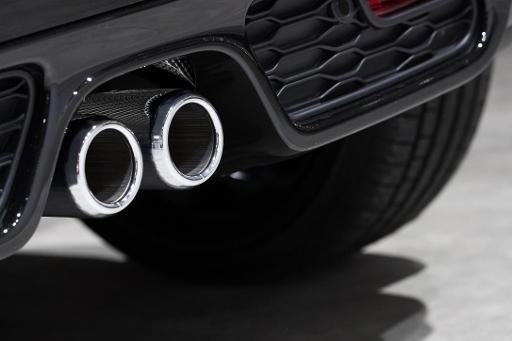Air quality is improving in Europe, but air pollution continues to affect the heath of Europeans as well as the continent’s economies.
In 2016, polluted air led to over 400,000 premature deaths in Europe, according to a new report by the European Environment Agency (EEA).
The report, based on data collected in 2017 from over 4,000 stations throughout Europe, shows that most people are exposed to air pollution levels above the thresholds set by the World Health Organisation (WHO).
In towns and cities, the most harmful pollutants include fine particles, nitrogen oxide and ozone. Fine particles alone caused 412,000 premature deaths in 41 European countries, including 374,000 in the EU, the Agency noted.
Pollutants also hurt economies by increasing health care costs and lowering productivity.
The EU members with the worst levels of fine particles are Italy, Poland and the Balkans countries, but Belgium is not much better, with large urban centres such as Brussels and Antwerp identified as the worst exposed.
The number of deaths from exposure to fine particles has, however, decreased by half a million compared to the 1990s, according to the EEA. “We’re making progress,” said Belgian Hans Bruyninckx, the EEA’s Director. He adds, however, that to curb atmospheric pollution, “it’s time to speed up changes in energy, food production and mobility”.
The Brussels Times

